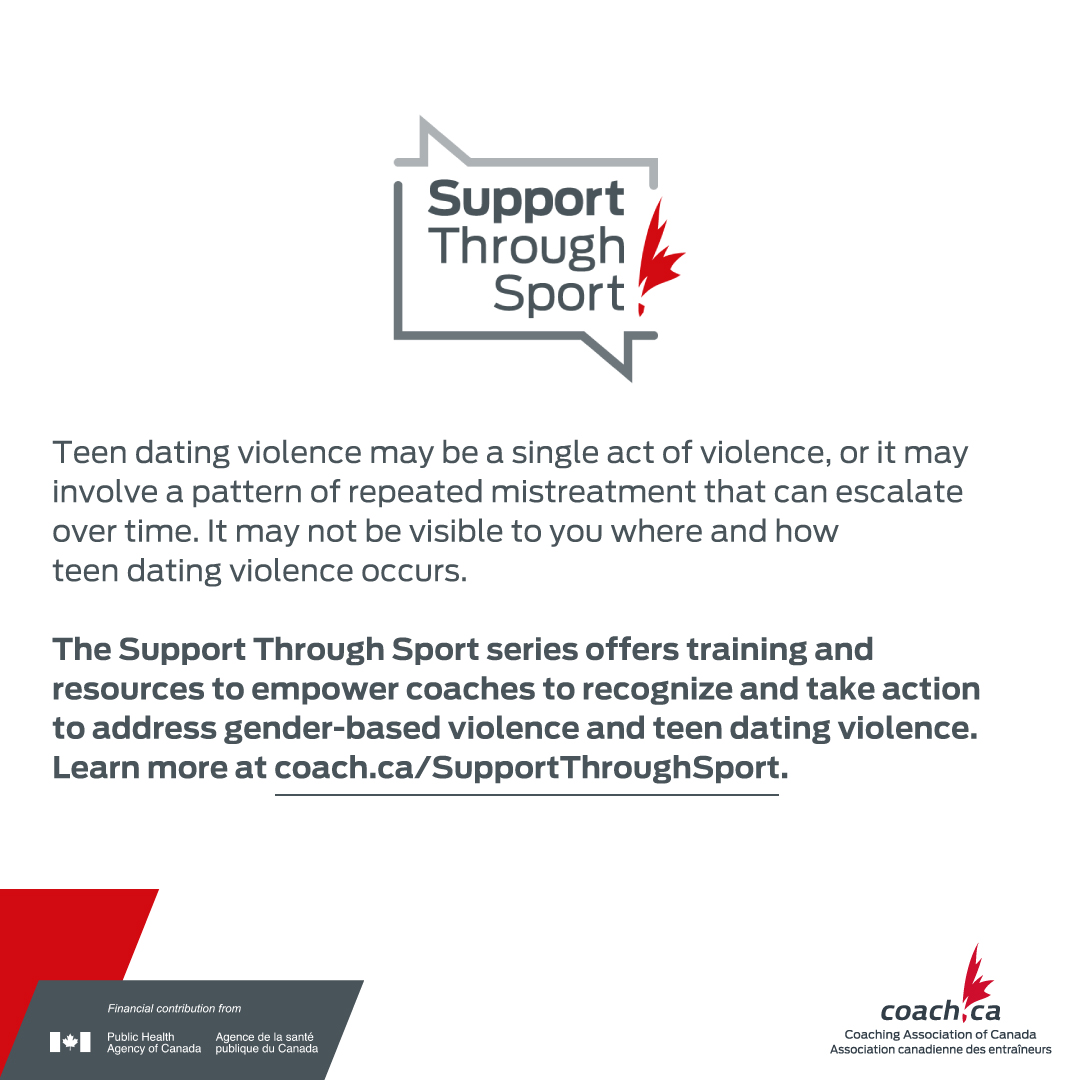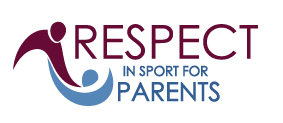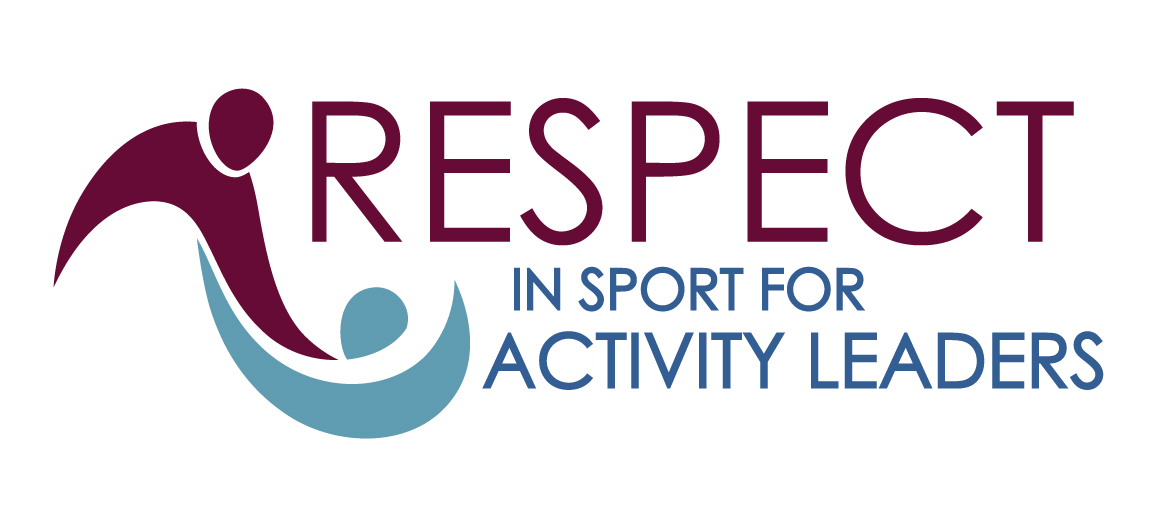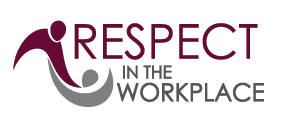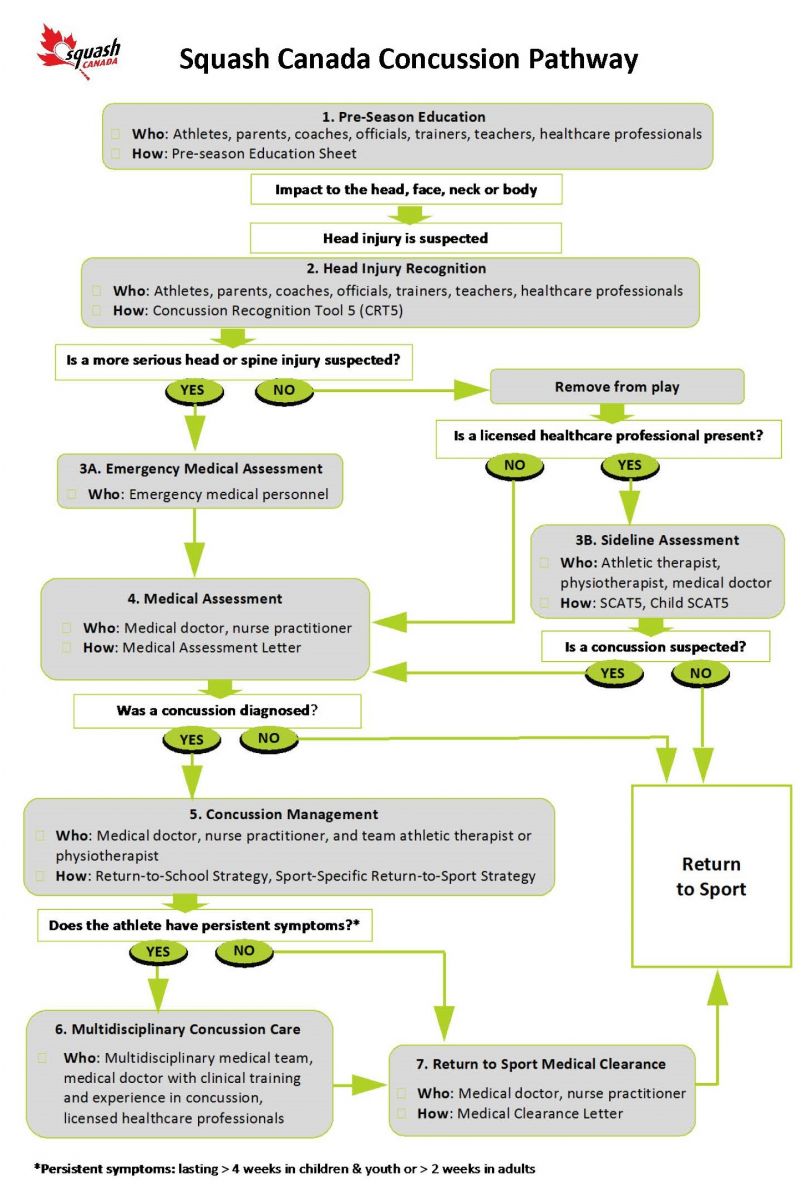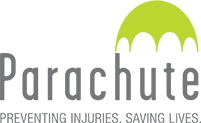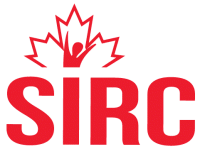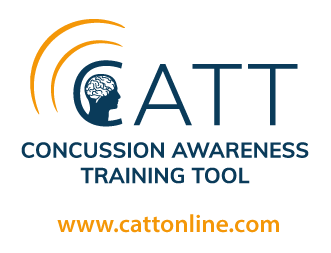Squash Canada Safe Sport Overview
Squash Canada believes that everyone in the sport has the right to enjoy the sport at whatever level or position they participate. Athletes, coaches, officials and volunteers have the right to participate in a safe and inclusive training and competitive environment that is free of abuse, harassment or discrimination.
Squash Canada believes the welfare of everyone involved in the sport is a foremost consideration and in particular, the protection of children/athletes in the sport is the responsibility of each individual, member and organization in the squash community.
Safe Sport Operational Statement
The Squash Canada sport safety program includes three key areas: education, prevention and response, all of which will be supported by strong governance, policies and procedures. The goal is to ensure that all participants in Squash Canada activity, at all levels, have the resources to provide and access a fun, healthy, inclusive and safe environment.
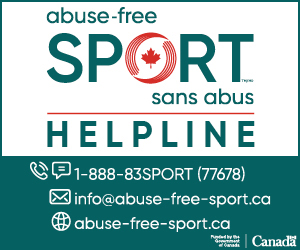 Did you know the Abuse-Free Sport Helpline is free and available to all Canadians? If you have questions about maltreatment or discrimination in sport, professionally-trained operators will:
Did you know the Abuse-Free Sport Helpline is free and available to all Canadians? If you have questions about maltreatment or discrimination in sport, professionally-trained operators will:
➡️ Listen and provide support;
➡️ Advise you on the reporting process; and
➡️ Refer you to the relevant reporting mechanism for your individual situation, as well as other resources.
Anonymous, confidential and bilingual, the Abuse-Free Sport Helpline is open 7 days a week, from 8 a.m. to 8 p.m.
 Mental health impacts the quality of life and performance of both sport participants and coaches. The Coaching Association of Canada’s Mental Health in Sport eLearning module was developed to educate coaches about mental health to empower them to effectively play a role in supporting the well-being of the participants in their sport program, while also supporting their own mental health.
Mental health impacts the quality of life and performance of both sport participants and coaches. The Coaching Association of Canada’s Mental Health in Sport eLearning module was developed to educate coaches about mental health to empower them to effectively play a role in supporting the well-being of the participants in their sport program, while also supporting their own mental health.
Sport is linked to a range of positive outcomes, including improved mental health and well-being. Coaches have a great deal of influence over participants’ mental health.
After completing the Mental Health in Sport eLearning module, you will be able to:
- Describe the foundations of mental health
- Recognize and understand your role in promoting coach and participant well-being
- Understand the importance of self-care
Coaches who are maintaining their NCCP trained or certified status will receive 1 Professional Development (PD) point upon completing this module.
This eLearning module will take approximately 45-60 minutes to complete, and is available free of charge in the Locker.
The Support Through Sport series offers training and resources to empower coaches to recognize and take action to address gender-based violence and teen dating violence.
The four eLearning modules within the Support Through Sport series each focus on different topics regarding gender-based violence and teen dating violence. Understanding Teen Dating Violence is the foundational module, with the three additional eLearning modules in development. For more information including reference materials and downloadable resources visit www.coach.ca/SupportThroughSport.
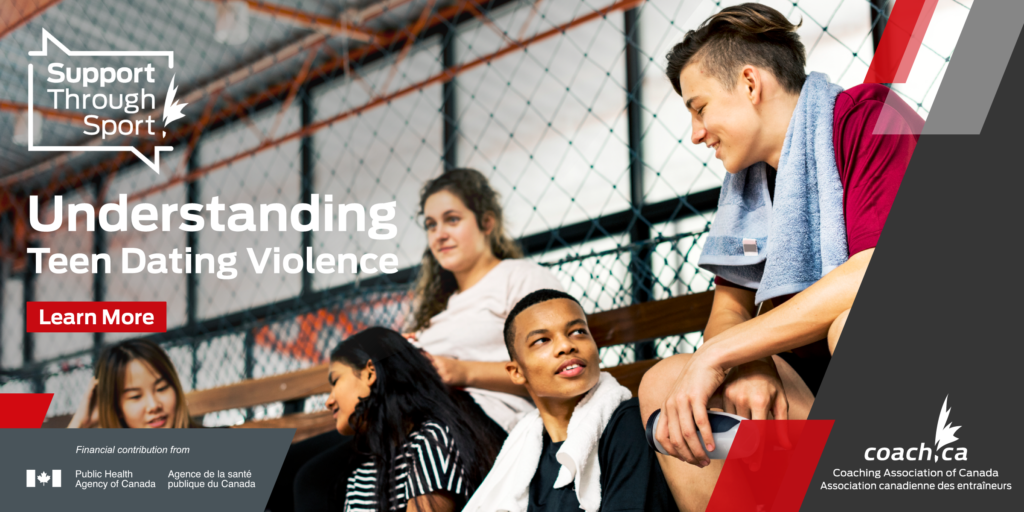
Understanding Teen Dating Violence is the foundational module in the Support Through Sport series and focuses on creating healthy environments for sport participants between the ages of 11 and 24 years.
After completing the Understanding Teen Dating Violence eLearning module, you will be able to:
- Identify elements of healthy relationships
- Define teen dating violence
- Take action when teen dating violence is suspected or known
To complete the training, please go to the eLearning page of the Locker.
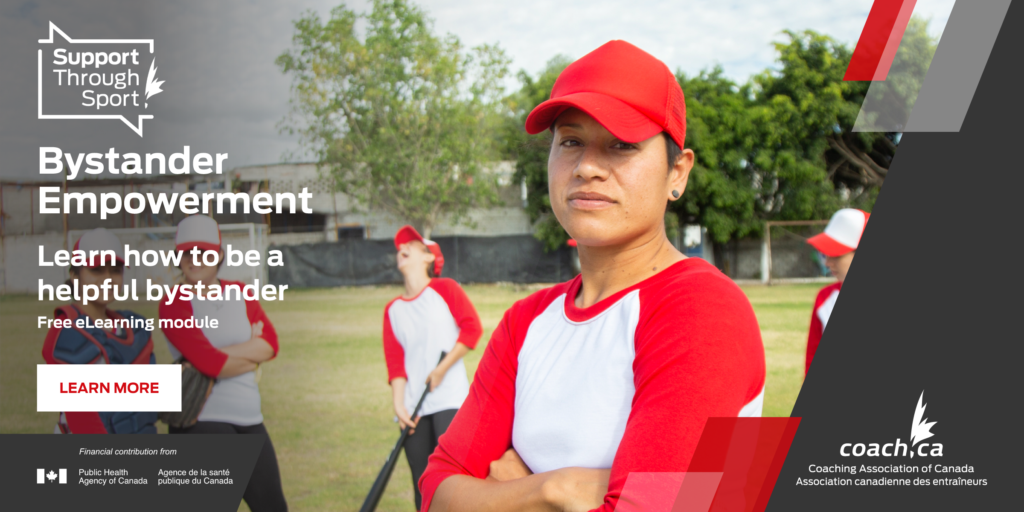
In Bystander Empowerment, you will participate in several activities to help improve your skills in being a helpful bystander.
After completing the Bystander Empowerment eLearning module, you will be able to:
- Recognize different forms of violence
- Identify helpful and hurtful bystander behaviour
- Use strategies to intervene as a bystander in situations of violence
To complete the training, please go to the eLearning page of the Locker.
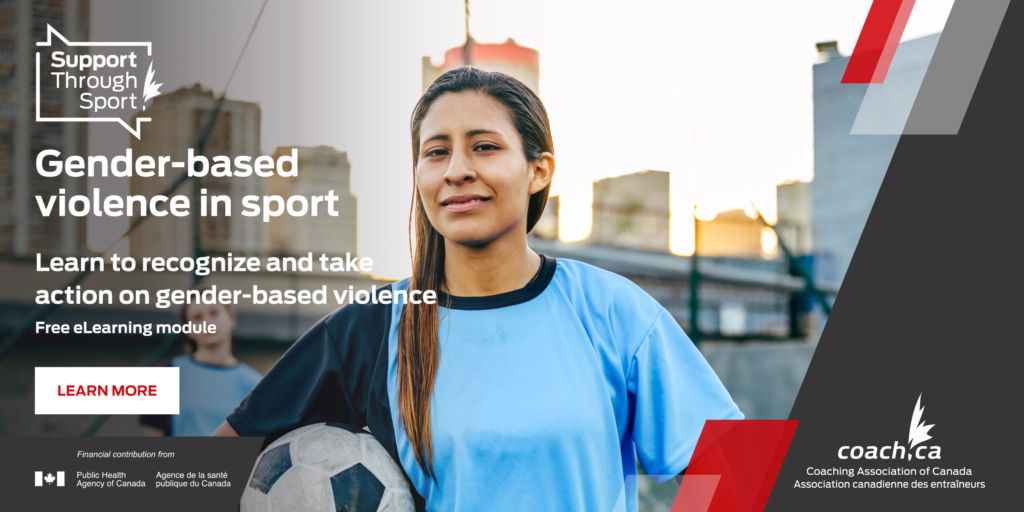
In Gender-based Violence in Sport, you will participate in several activities to help improve your skills at recognizing and reducing gender-based violence in your sport environment.
After completing the Gender-based Violence in Sport eLearning module, you will be able to:
- Recognize forms of gender-based violence
- Identify strategies to use to prevent gender-based violence in your sport environment
To complete the training, please go to the eLearning page of the Locker.
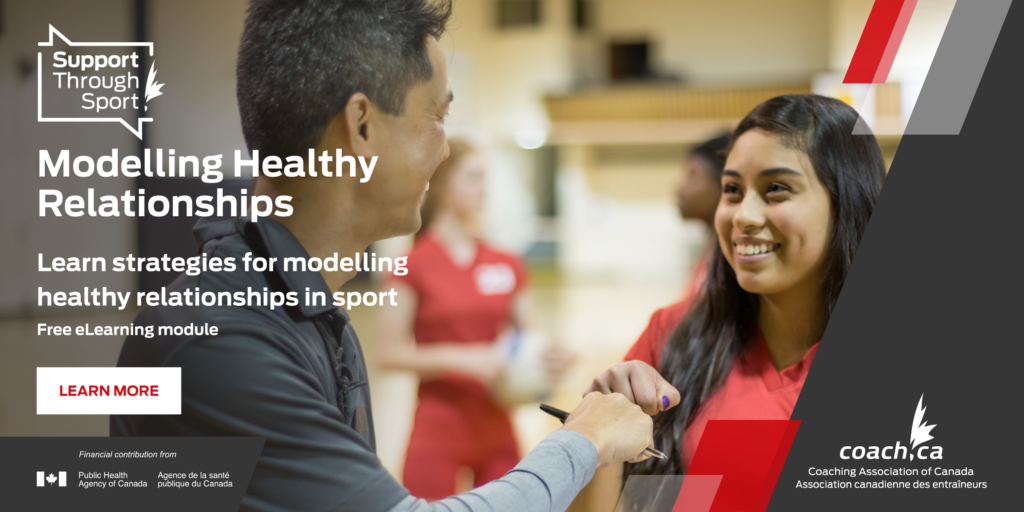
In Modelling Healthy Relationships, you’ll participate in several activities that will help improve your skills at modelling healthy relationships in the sport environment.
After completing the Modelling Healthy Relationships eLearning module, you will be able to:
- Recognize the elements of a healthy relationship
- Identify opportunities for modelling healthy relationships in the sport environment
- Identify strategies for how to set, maintain and uphold expectations for healthy relationships
To complete the training, please go to the eLearning page of the Locker.
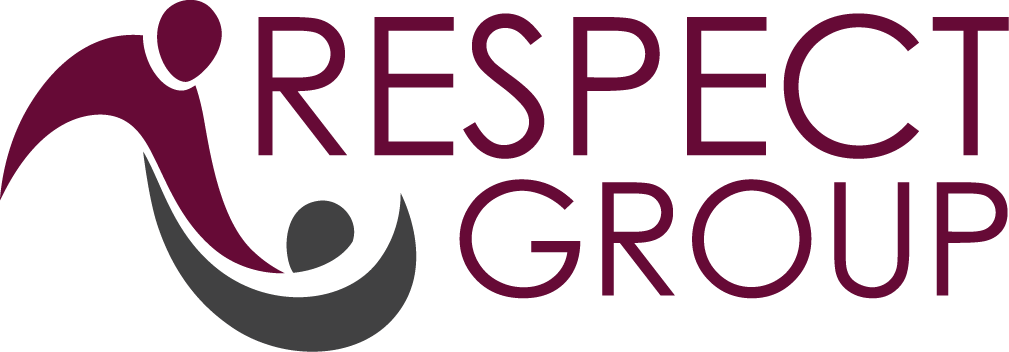 Squash Canada has become Respect Certified by joining the Movement with Respect Group, a forward-thinking organization founded by former NHLer turned victims’ right crusader Sheldon Kennedy to deliver training to equip employees with the education and skills needed to prevent bullying, abuse, harassment and discrimination (BAHD) in the workplace.
Squash Canada has become Respect Certified by joining the Movement with Respect Group, a forward-thinking organization founded by former NHLer turned victims’ right crusader Sheldon Kennedy to deliver training to equip employees with the education and skills needed to prevent bullying, abuse, harassment and discrimination (BAHD) in the workplace.
Respect Group was incorporated on April 5th, 2004 by co-founders, Sheldon Kennedy and Wayne McNeil, to pursue their common passion: the prevention of bullying, abuse, harassment and discrimination (BAHD). Respect Group is made up of a team of over 30 talented individuals whose passion is to create a global culture of Respect. We have enlisted pre-eminent experts to develop a best in class curriculum and e-learning platform. Expert content and a professional online training and certification model round out Respect Group’s fully outsourced risk management behaviour-change solutions for sport, schools and the workplace.
Mission: Empowering people to recognize and prevent bullying, abuse, harassment and discrimination (BAHD) through interactive, online training courses.
Vision: Eliminate bullying, abuse, harassment and discrimination (BAHD) by inspiring a global culture of respect.
Respect Hub – Click Here
Social Media: Facebook / Instagram / Twitter
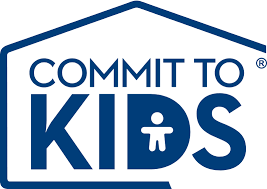 The Canadian Centre for Child Protection has resources available for sports organizations, coaches, volunteers, parents and youth athletes to help keep kids safe in sport.
The Canadian Centre for Child Protection has resources available for sports organizations, coaches, volunteers, parents and youth athletes to help keep kids safe in sport.
Below is a list of some of these resources:
Commit to Kids for Coaches eLearning module: online training that empowers coaches and other sport leaders with practical information to help them enhance child and youth safety in sport. It highlights the importance of understanding boundaries, sexual misconduct and reporting inappropriate behaviour. Upon completion of this training and a successful knowledge validation test, coaches will receive three NCCP professional development points towards the maintenance of certification.
Commit to Kids Kit and Policies and Procedures Workbook: a step-by-step program to help prevent sexual abuse from happening within child-serving organizations. The kit includes the Commit to Kids manual, sample code of conduct, sample policies and procedures, and a steps for reporting inappropriate conduct and steps for reporting child abuse card.
Resource sheets for both coaches and parents with information on the coach-athlete relationship, guidelines for interactions between adults and athletes, as well as how to report inappropriate behaviour and child sexual abuse.
A parent guide designed to provide parents with information about risks and help them mobilize their communities to create safer environments for children.
Youth resources for ages 4 -18 that cover a variety of personal safety topics, including healthy relationships, boundaries, addressing high-risk behaviour, online safety, as well as building capacity to handle difficult situations and knowing how and when to seek help.
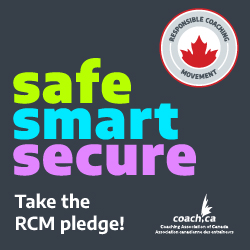 The Responsible Coaching Movement (RCM) is a multi-phase system-wide movement, coordinated by the Coaching Association of Canada and the Canadian Centre for Ethics in Sport, which has the potential to affect all sport organizations and coaches.
The Responsible Coaching Movement (RCM) is a multi-phase system-wide movement, coordinated by the Coaching Association of Canada and the Canadian Centre for Ethics in Sport, which has the potential to affect all sport organizations and coaches.
Resulting from extensive ongoing consultation with sport organizations and leaders in Canada, the RCM encourages the commitment and implementation of supportive policies to ensure the safety and protection of athletes and coaches, both on and off the field of play.
The RCM calls on sport organizations to adopt policies and processes in three key areas of their coaching practices (Three steps to Responsible Coaching):
- The Rule of Two (Infographic)
- Background Screening (Infographic)
- Respect and Ethics Training (Infographic)
The Responsible Coaching Movement invites parents to follow the three steps to Responsible Coaching and encourages them to play a more active role in their child’s sport activities. The Responsible Coaching Movement empowers parents and provides them with tools to ask a coach if their organization has taken the RCM pledge and adopted its policies.
The Squash Canada Board of Directors voted unanimously to take the Responsible Coaching Movement pledge and encourages its member Provincial/Territorial Squash Associations along with their member Squash Facilities to also take the pledge. In addition, Parents are strongly encouraged to review the RCM to understand the benefits it can provide to your child’s participation in safe sport environment. View the Squash Canada Athlete Protection Policy
CLICK HERE to take the Responsible Coaching Movement Pledge!
For more resources on Responsible Coaching – CLICK HERE.
(Information Courtesy of the Coaching Association of Canada)
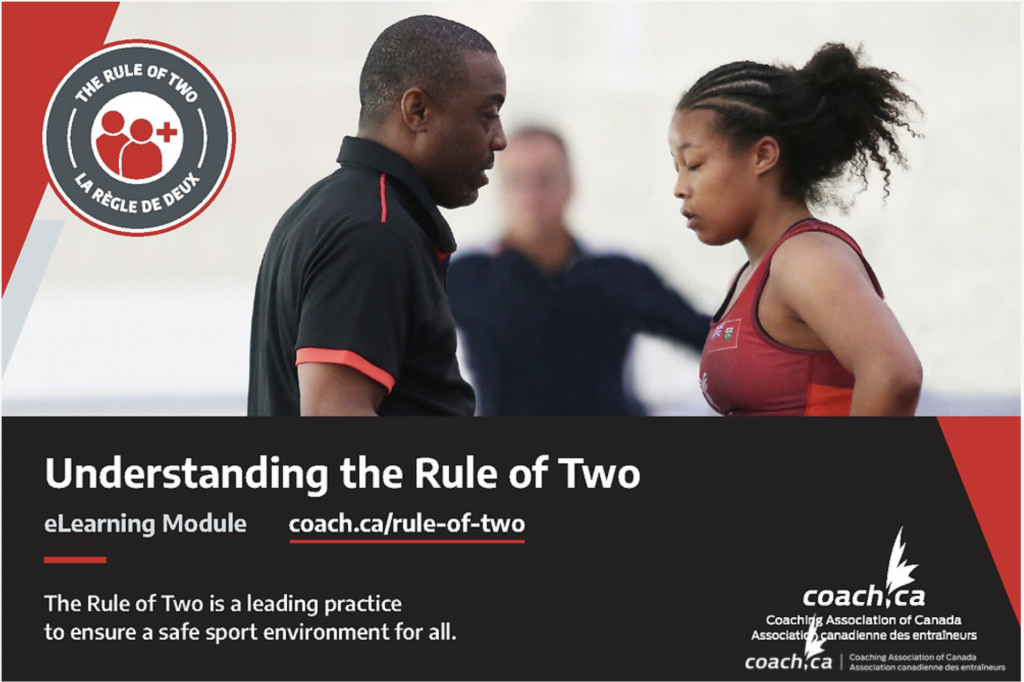
The goal of the Rule of Two is to ensure all interactions and communications are open, observable and justifiable. It is one of three pillars of the Responsible Coaching Movement, along with background screening and ethics training.
After completing the Understanding the Rule of Two eLearning module, participants will:
- Have a solid understanding of the Rule of Two
- Improve their ability to assess and implement preventive measures
- Be aware of questions to ask to determine their sport organization’s policies
Coaches certified through the National Coaching Certification Program (NCCP) can also earn 1 Professional Development point upon completing this eLearning module. To complete the training, please go to the eLearning page of the Locker.
Squash Canada Concussion Protocol (September 6, 2019)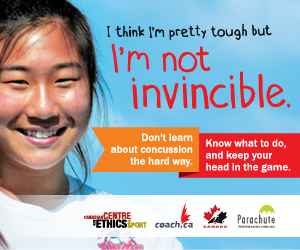
Adapted from: Parachute (2017).
Canadian Guideline on Concussion in Sport
Squash Canada has developed the Squash Canada Concussion Protocol to help guide the management of athletes who may have a suspected concussion as a result of participation in Squash Canada activities.
Purpose
This protocol covers the recognition, medical diagnosis, and management of squash participants who may sustain a suspected concussion during a sport activity. It aims to ensure that athletes with a suspected concussion receive timely and appropriate care and proper management to allow them to return back to squash safely. This protocol may not address every possible clinical scenario that can occur during sport-related activities but includes critical elements based on the latest evidence and current expert consensus.
Who should use this protocol?
This protocol is intended for use by all individuals who interact with squash participants inside and outside the context of organized Squash Canada activity, including athletes, parents, coaches, officials, teachers, trainers, and licensed healthcare professionals.
- Squash Canada Concussion Policy – Click Here
- Squash Canada Concussion Protocol – Click Here
- Specific Return to Sport Strategy – Click Here
- Concussion Education Sheet – Click Here
- Concussion Protocol for Certified Singles Referees – Click Here
- Concussion Protocol for Certified Doubles Referees – Click Here
For a summary of the Squash Canada Concussion Protocol please refer to the Squash Canada Sport Concussion Pathway figure at the end of this document.
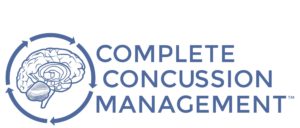
Complete Concussion Management – Educational Resources
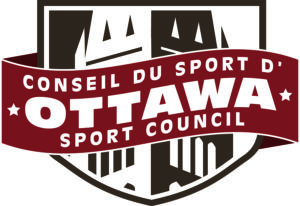 The Ottawa Sport Council is thrilled to announce the release of the Concussion Education Initiative video, which has been developed for community sport participants. This educational video is designed to equip coaches, players, parents, board members, staff, and volunteers alike with the knowledge of how to apply the 4 R’s of concussion management (Recognize, Remove, Refer, Return) in a sport setting. READ MORE
The Ottawa Sport Council is thrilled to announce the release of the Concussion Education Initiative video, which has been developed for community sport participants. This educational video is designed to equip coaches, players, parents, board members, staff, and volunteers alike with the knowledge of how to apply the 4 R’s of concussion management (Recognize, Remove, Refer, Return) in a sport setting. READ MORE
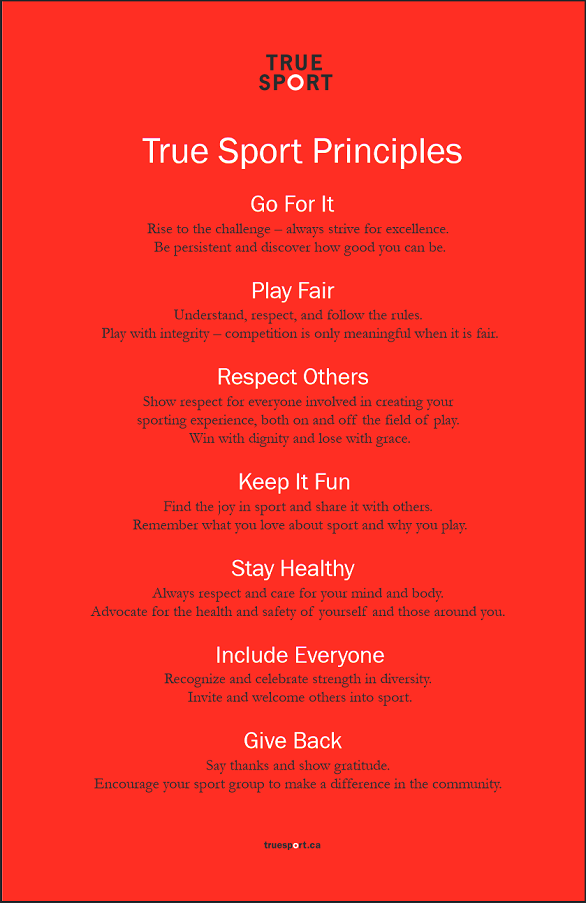
Why do the True Sport Principles matter?
They help us build the sport we want!
The True Sport Principles express an approach to sport that the vast majority of Canadians already believe in and practice. Although widely embraced, these principles often go unspoken. So when they are violated — when people’s attitudes and actions threaten healthy and respectful competition — supporters of good sport can be caught off guard, unsure how to stand up for the sport they believe in. Read more.
Sport Law
Resources and Blogs – Click Here
Kids Help Phone
Call: 1-800-688-6868
Text “CONNECT” to 686868
Canadian Association for Suicide Prevention
Call: 1-833-456-4566 or 1-866-277-3553 (Quebec Residents)
Hope for Wellness Help Line
Call: 1-855-242-3310
Trans Lifeline
Call: 1-877-330-6336
LGBT Youth Line
Call: 1-800-268-9688
Canadian Centre for Child Protection
To report images of online child exploitation, visit the CyberTip website.
National Eating Disorder Information Centre (NEDIC)
Call: 1-866-633-4220 or 416-340-4156
Sport’aide
Call: 1-833-211-AIDE (2433) or 1-833-245-HELP (4357)
